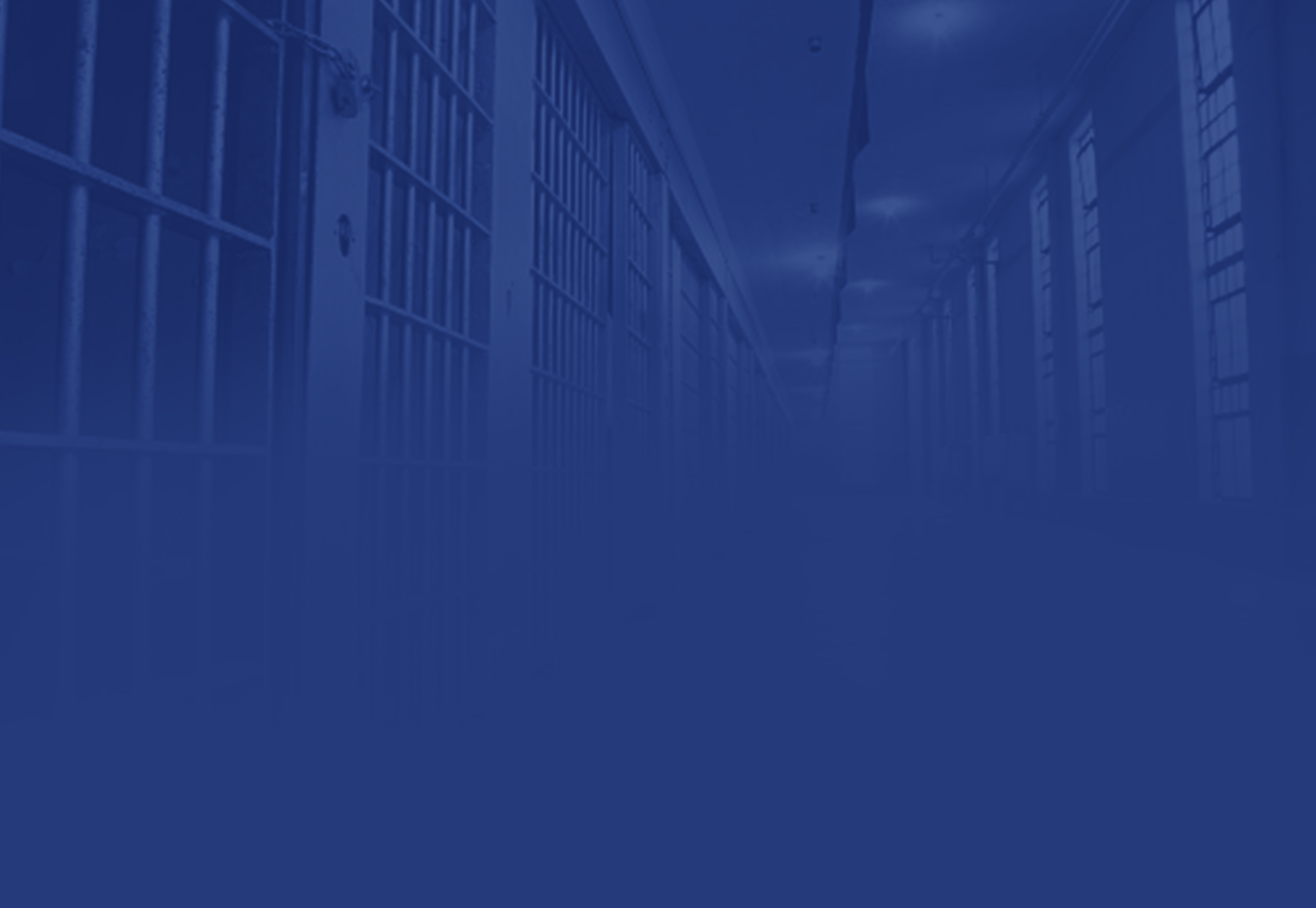Overview
A grand jury is meant to be used to decide if there is enough evidence in a case to bring it to trial. To fulfill this purpose, the grand jury should have no bias and be made fully aware of all the evidence. But this is not the case in most states. The Supreme Court has not yet recognized grand juries as a requirement of constitutional due process. As a result, grand juries are regulated entirely by the state, and half of the states in America do not even require a grand jury before a case goes to trial.
States have almost complete control over the entire grand jury process, causing a number of problems. For example, the “pick-a-pal” system used in many states allows a judge to appoint five jury commissioners who recruit or pick whomever they wished to serve on the jury, even if it means choosing their “pals.” Unsurprisingly, studies have shown that this system increases the chances of a favorable outcome for the state, as well as a higher chance of indictment. The fact that the jury was chosen by people connected to the court, rather than at random, demonstrates its bias.
The evidence presented in criminal trials are bound by certain rules of admissibility—but most grand juries function as an evidence free-for-all, allowing the state to present evidence that won’t be admissible in a criminal trial down the road. Hearsay, for example, is permitted. If this evidence can’t actually be used to find someone guilty, then why is it allowed as evidence to determine an indictment? This not only wastes time and taxpayer money, it also unnecessarily destroys lives.
Many states give prosecutors an unfair advantage in grand jury proceedings that they would never have in a trial court. In most states, defense counsel isn’t even permitted in the grand jury room with their client, and the states that do permit their presence forbid them from addressing the jury. If everyone has the right to counsel, then why is that counsel not allowed to be present when their client is up for indictment? Prosecutors also have the advantage of being able to call for a virtually unlimited number of grand juries, meaning that even if a grand jury decides that the state does not have enough evidence to make its case, the prosecutor can simply keep calling new grand juries until he/she obtains the desired outcome. A subsequent jury should of course be used when new evidence is discovered—the whole point of the grand jury process is to determine whether enough evidence exists for a trial. But without new evidence, the prosecutor is merely attempting the same argument with different people in order to indict someone that has already been released by another jury. This is an unfair abuse of prosecution power and should be ended.
A grand jury should be a requirement—but prosecutors should be required to use it correctly. The judicial system is meant to protect people and keep them innocent until proven guilty. All of these problems within the grand jury system do the opposite and leave the accused feeling hopeless.
Conservative Solutions
• Allow defense attorneys to be present and speak up during the grand jury
• Eliminate the “pick-a-pal” system
• Eliminate the use of evidence that would be inadmissible in a trial court
• Eliminate the ability of prosecutors to have subsequent juries without new evidence
